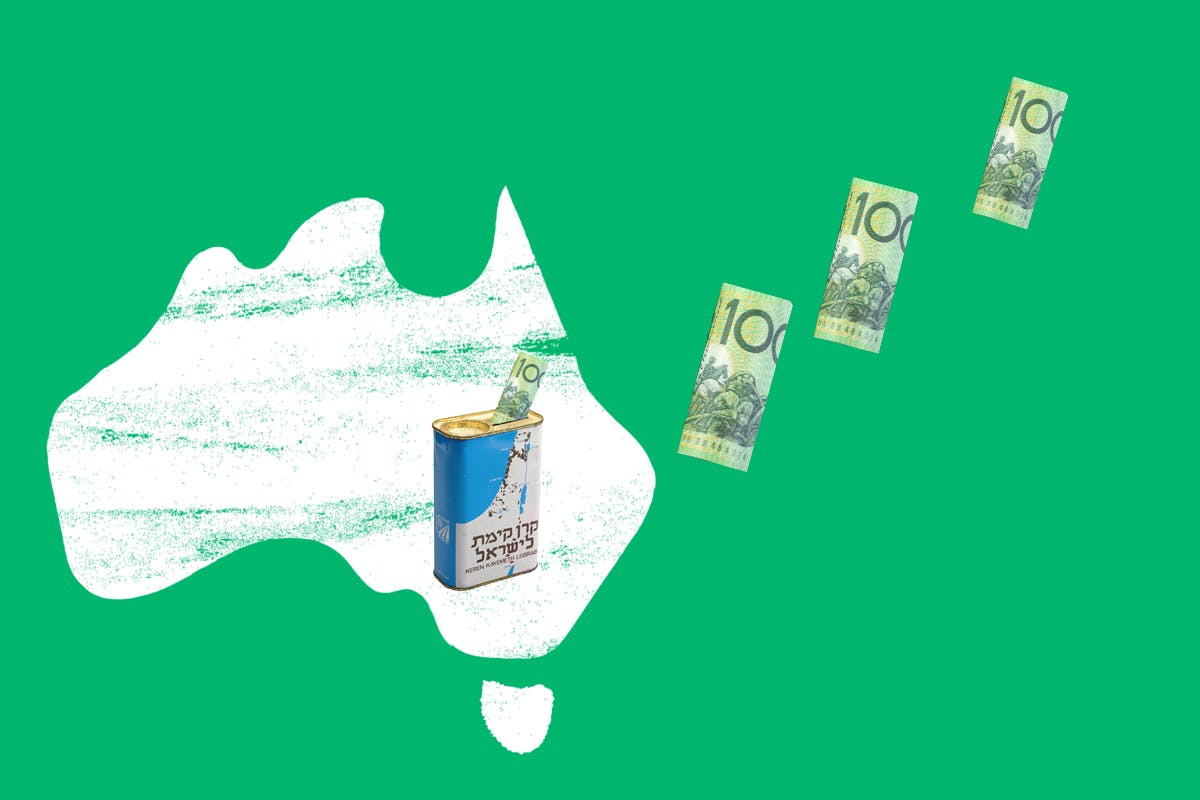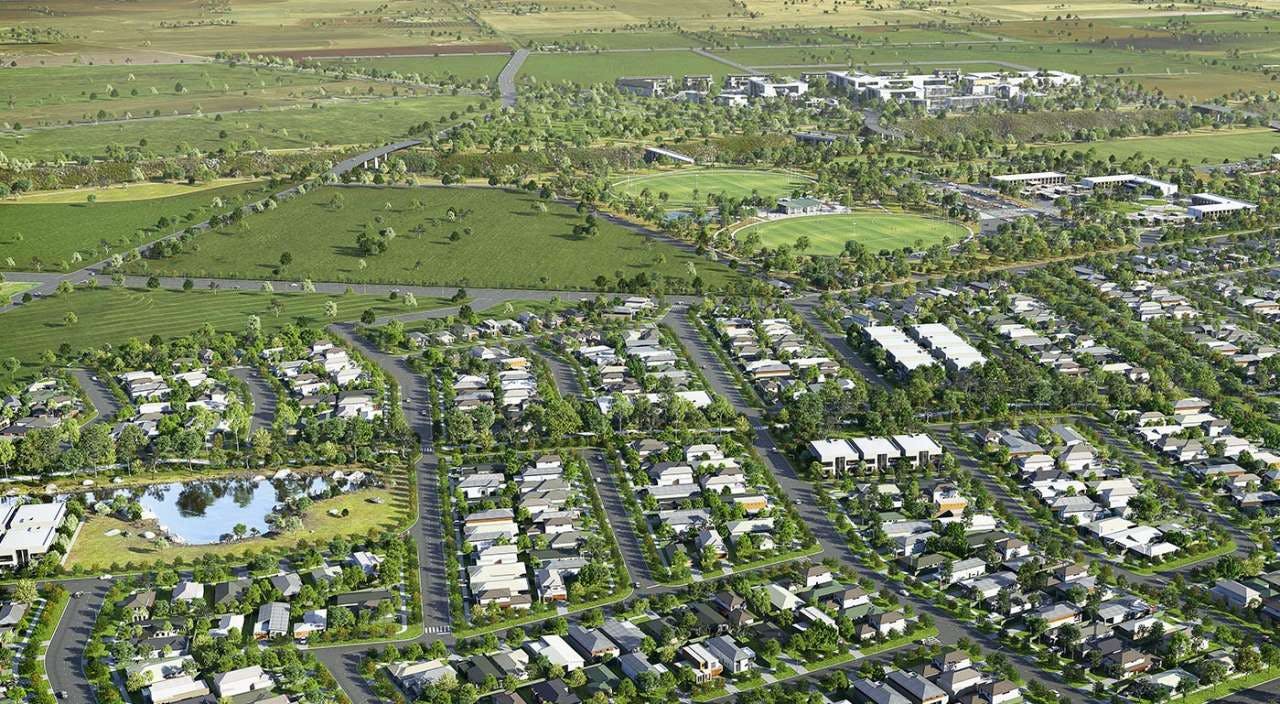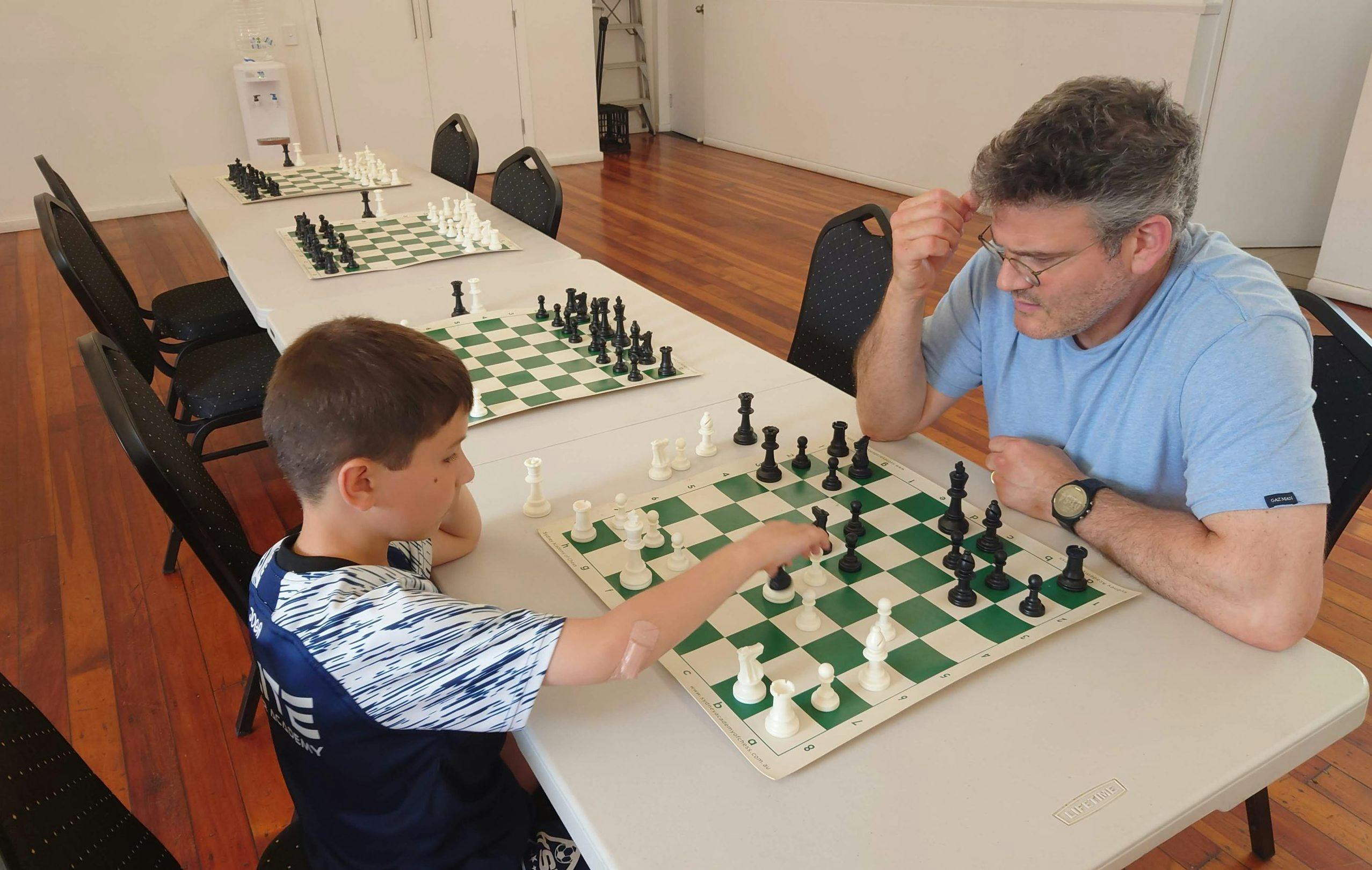Published: 12 July 2022
Last updated: 5 March 2024
VIC ALHADEFF: Israel’s problematic handling of the disaster 25 years ago severely strained relations between Australian Jews and Israel. The wounds have healed but scars remain
IT CREATED THE most serious strain on the bond between Australian Jewry and Israel in the history of the community – not because of the tragedy itself, but because of its fraught aftermath, which took the form of a painful and protracted campaign for justice and compensation.
Twenty-five years ago, on July 14, 1997, a makeshift pedestrian bridge leading to the opening ceremony of the 15th Maccabiah Games in Israel’s Ramat Gan Stadium splintered, cracked and then collapsed. The 370-strong Australian contingent was crossing the wooden bridge at the time.
Athletes, coaches and managers were sent hurtling into the polluted Yarkon River. Shattered scaffolding and fellow participants crashed onto the Australians as they struggled to extricate themselves from the mangled wreckage and clamber up the slippery banks.
As helicopters buzzed overhead, Australians were ferried away on stretchers and armed soldiers did their best to curb the panic, all of it adding to the hysteria and confusion.
Four Australians – Greg Small, Yetty Bennett, Elizabeth Sawicki and Warren Zines – lost their lives. More than 60 teammates were injured or severely impacted from ingesting the toxic water.
Australia’s Jewish community was in shock. It was dazed and traumatised. With voices urging the team to return home, a public meeting was held at Sydney’s Great Synagogue – this at a time when video links were a novelty – and briefed by a Maccabi Australia official who was in Israel with the team.
As days turned to weeks and the Maccabi World Union refused to acknowledge moral responsibility for the disaster or release information about how it had occurred, “the community’s shock and grief turned to anger at the apparent reckless indifference to the lives and safety of the participants and at the lack of engagement with the families of the victims and the survivors”, recalls Executive Council of Australian Jewry co-CEO Peter Wertheim, who was president of the NSW Jewish Board of Deputies at the time.
“When the truth emerged about the shambolic organisation behind the construction and failure of the bridge, the by-passing of building regulations and financial impropriety, it was painfully disillusioning for many of us,” Wertheim told The Jewish Independent.

“The tragedy had been so avoidable. It was a very unhappy time for Australia’s Jewish community. There was outrage at the combination of arrogance and blundering incompetence of the Maccabi World Union organisers.”
A dual-pronged campaign eventuated – to seek justice regarding those responsible for the shoddy workmanship of the bridge and compensation for those impacted by its collapse. In the vanguard was newly elected Zionist Federation of Australia (ZFA) president Dr Ron Weiser. Also active was Colin Elterman, whose teenaged daughter Sasha had swallowed the polluted water, eventually undergoing approximately 30 surgical procedures.
Their eventual success in penetrating the corruption, denial of responsibility and political machinations flowed from a breakthrough one year after the tragedy when Weiser prevailed on the relevant authorities to establish a Knesset Committee of Inquiry into the bridge collapse – the first time this had occurred at the behest of a non-Israeli entity.
Israel’s justice system ultimately prevailed and four men who were involved in building the bridge were imprisoned – Micha Bar Ilan, Yehoshua Ben Ezra, Baruch Karagula and Adam Mishori. Yoram Eyal, who headed the Maccabiah organising committee, was sentenced to six months’ community service.
On the moral accountability and compensation front, matters moved more slowly. After lobbying by prominent identities, including Israel’s President and Prime Minister, backed up by numerous meetings between the ZFA and Israeli leaders, Finance Minister Avraham Shohat - in an unprecedented arrangement with a diaspora community and against bureaucratic advice – agreed that Israel would contribute to the compensation claims, despite the government not being responsible for the Maccabiah.
Our aims were to achieve justice for the victims, their families and indeed for Australian Jewry, and to right what wrongs we could; but also to help Maccabi find its moral compass
Ron Weiser
With the Maccabi World Union severely under-insured, approximately $A20 million was paid out in compensation, the bulk of it by the Israeli government. Offers were made to all participants who said they had sustained injury; if any contested the amount, the case was determined in a Haifa court. It took seven years to achieve this outcome.
Meanwhile, Australia boycotted the 2001 Maccabiah in light of the unresolved issues, agreeing to return in 2005. “Initially, the families of those most affected had not agreed to come with the Australian team, but ultimately not only did many of them do so, they actually led the team into the stadium in front of Prime Minister Ariel Sharon and to a seemingly endless thunderous ovation,” Weiser told The Jewish Independent.
“From the outset, our aims were to achieve justice for the victims, their families and indeed for Australian Jewry, and to right what wrongs we could, but also to help Maccabi find its moral compass and take the actions required to save and rejuvenate that great organisation.”
This week, 535 Australians aged 13 to 83 are due to march at the opening ceremony of the 21st Maccabiah – ranking alongside Canada as the third-largest contingent after Israel and the US. A ceremony to honour the four who lost their lives will be held at the site of the tragedy, according to Head of Delegation Barry Smorgon, while wreaths will be laid by Australia’s Ambassador and Maccabi Australia officials.
The loss of my father still cuts deep but I harbour no anger and I applaud the work Maccabi did
Adam Zines
Without doubt, Israel’s problematic handling of the disaster imposed unprecedented challenges on the relationship between Australian Jewry and Israel, evident in individuals withholding donations, youth shunning programs, the boycotted Maccabiah and widespread angst and anger. However, the community’s wounds have comprehensively healed thanks to the Israeli justice process and payment of compensation.
As for the impacted families, Adam Zines, newly married at the time of the tragedy, puts it poignantly: “The loss of my father still cuts deep. My children, nieces and nephews don’t know their grandfather. We speak fondly about him all the time. I harbour no anger and I applaud the work Maccabi did. We’ve had no choice but to move on with our lives, yet it has left a gaping hole; there are seven children who don’t know their grandfather.”
One of Adam’s sons, Asher, 21, will light a candle at the memorial ceremony in Israel. “The ultimate honour is for the Australian athletes to complete the journey that my dad and the others didn’t,” he adds.
“It’s wonderful that they are competing and it’s wonderful that the tragedy is being acknowledged. And it’s important that they think about the athletes who never got to complete their journey.”
Photo: Bridge collapsing at Maccabiah opening ceremony in 1997




